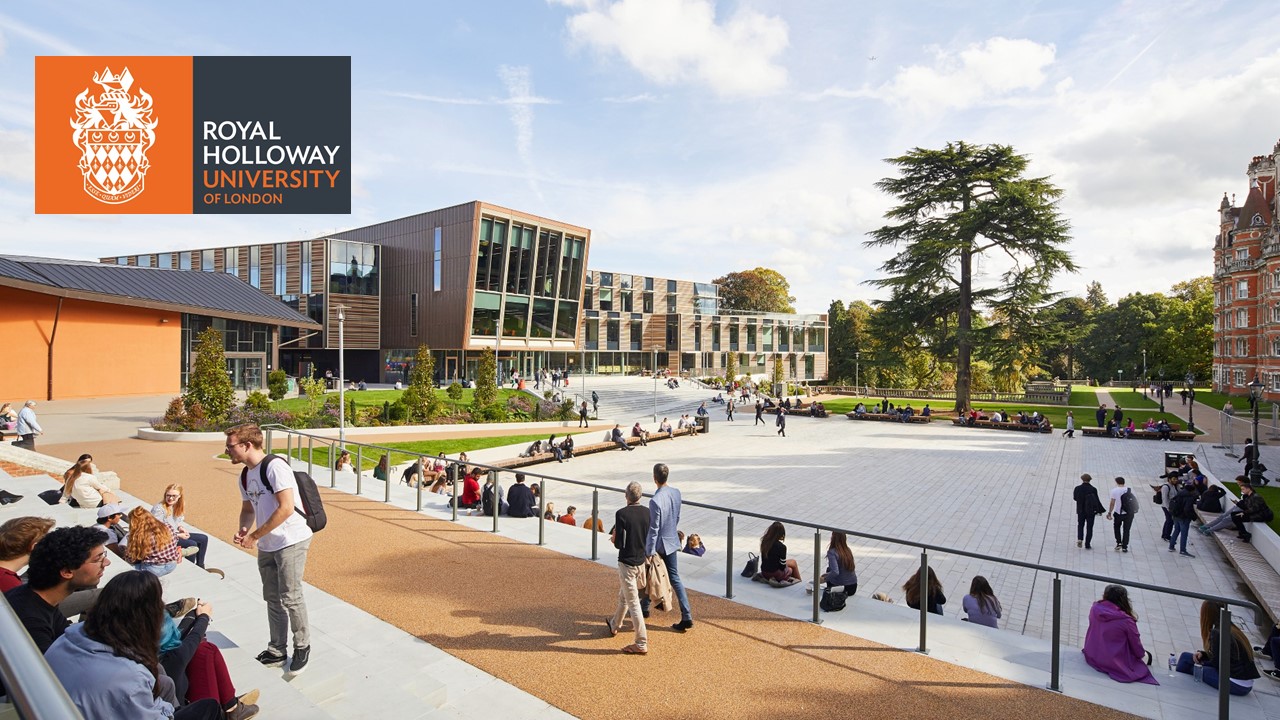
Institute Name : Royal Holloway University
Course Name : BSc Biomedical Sciences with Foundation
Course Type : Undergraduate
Education Level : 4,5,6
Duration : 4 Years
Method of Delivery : On Campus
Pre Requirements : A Levels: CCC This course is suitable for non-standard entrants, including mature returners to study, those without Science qualifications or with Science qualifications below the standard required for entry to a degree. T-levels We accept T-levels for admission to our undergraduate courses, with the following grades regarded as equivalent to our standard A-level requirements: AAA* – Distinction (A* on the core and distinction in the occupational specialism) AAA – Distinction BBB – Merit CCC – Pass (C or above on the core) DDD – Pass (D or E on the core) Where a course specifies subject-specific requirements at A-level, T-level applicants are likely to be asked to offer this A-level alongside their T-level studies. Other UK and Ireland Qualifications EU requirements English language requirements All teaching at Royal Holloway is in English. You will therefore need to have good enough written and spoken English to cope with your studies right from the start. The scores we require IELTS: 6.5 overall, with no subscore lower than 5.5. Pearson Test of English: 61 overall. No subscore lower than 51. Trinity College London Integrated Skills in English (ISE): ISE III. Cambridge English: Advanced (CAE) grade C. Country-specific requirements For more information about country-specific entry requirements for your country please visit here. Undergraduate preparation programme For international students who do not meet the direct entry requirements, for this undergraduate degree, the Royal Holloway International Study Centre offers an International Foundation Year programme designed to develop your academic and English language skills. Upon successful completion, you can progress to this degree at Royal Holloway, University of London.
Language Level : B2
Visa Type : 40
Application Fee : None
Academic Deposit : None
Fees : £25,200 Annual
Intakes : September
Course Description :
Our Integrated Foundation Year for science is a thorough, skills-building course that will give you everything you need to start your study of BSc Biomedical Sciences with confidence.
Science underpins society and can help us provide answers to fundamental questions. Our Foundation Year sets you up so that you’re ready to take on those questions - providing you with opportunities to gain knowledge and understanding of how to get started in studying the sciences at university, including Biomedical Sciences.
Once you have completed your Foundation year, you will normally progress onto the full degree course, BSc Biomedical Sciences. There may also be flexibility to move onto a degree in another department (see end of section, below).
Biomedical Sciences develops your understanding of the biological basis of human disease and is ideal if you’re considering a career in biomedical research. You’ll learn essential elements of biochemistry, physiology, cell biology, molecular biology and genetics, centred around human function and disease. You can choose a pathway to tailor your degree to your own biomedical interests from a range of options taught by experts in their fields
You’ll develop the skills required to conduct standard laboratory procedures in Biological Sciences, including the safe handling of materials in experimental settings, taking into account their chemical properties, including any specific hazards associated with their use. You will also be able to demonstrate skills in the monitoring, by observation and/or measurement, of a variety of chemical or biological properties, events or changes, of both a quantitative and qualitative nature, together with their systematic and reliable recording and documentation, in the laboratory or the field.
On successful completion, you’ll be equipped with: